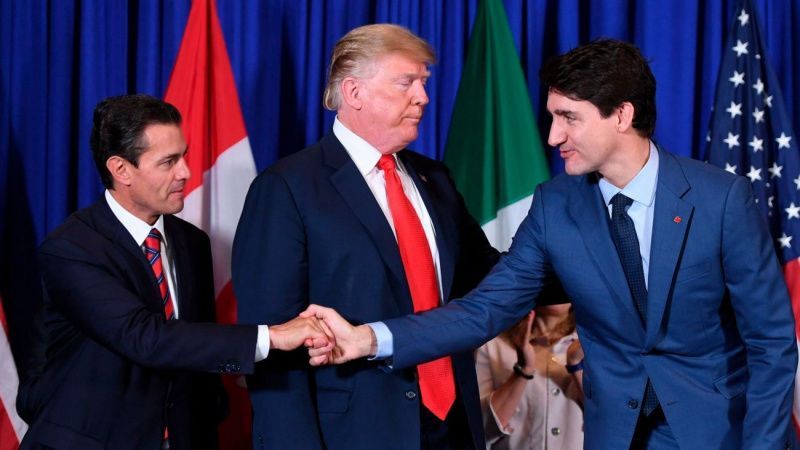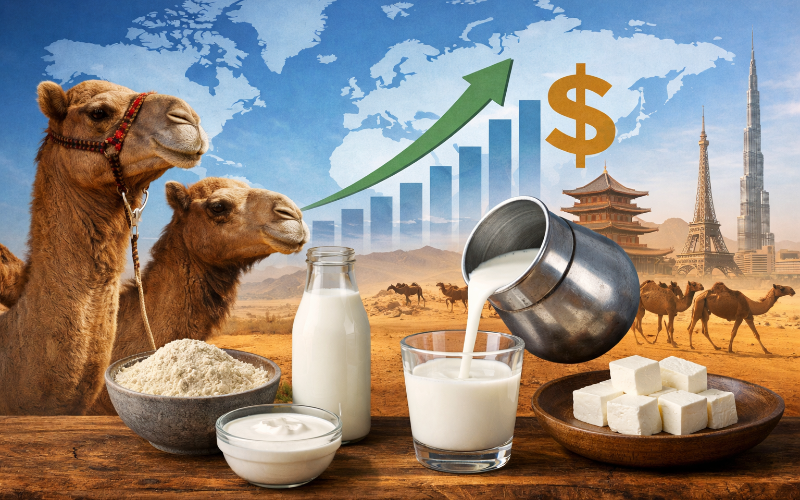Trump’s Tariff Plans Threaten US-Mexico-Canada Dairy Trade

The word ‘tariff’ holds a special beauty for US President Donald Trump, who has reiterated his willingness to impose import tariffs on Mexico and Canada. On January 20, 2025, he announced plans to introduce these tariffs as early as February 1.
In November 2024, Trump had pledged to impose a 25% import duty on goods from these neighboring nations, leading to potential trade tension, particularly affecting the dairy industry.
Canada’s finance minister, Dominic LeBlanc, deemed the tariffs a 'mistake' and highlighted Canada's readiness for retaliation. Claudia Sheinbaum, Mexico's president, suggested reciprocal measures, though she expressed willingness to collaborate with the US on migration and drug issues.
Dairy trade, a crucial aspect, is at stake. In 2024, Mexico was the largest importer of US dairy, acquiring 576,000mt, with cheese exports to Mexico rising by 36% year-on-year. US-Mexico dairy trade has almost doubled since 2013, reaching a value exceeding $2.3bn.
Meanwhile, Canada remains a significant market, being the largest importer of US butter. Over the past decade, US dairy exports to Canada have grown to $1.09bn in value.
The tariffs could endanger not only the thriving dairy trade but also the broader economic relationship. According to the Peterson Institute for International Economics, the proposed tariffs might slow growth, increase inflation, and significantly impact GDP in all three countries.
The US, investing $8bn in dairy processing facilities, sees export markets as vital for its market expansion. The US-Mexico-Canada Agreement (USMCA), signed during Trump’s first term, has improved trade conditions, and its renegotiation in 2026 looms large amidst these tensions.
Analysts argue that Trump’s tariff plans aim to leverage renegotiations, threatening to disrupt the very agreement he once championed. The outcome of this economic tug-of-war remains uncertain.









